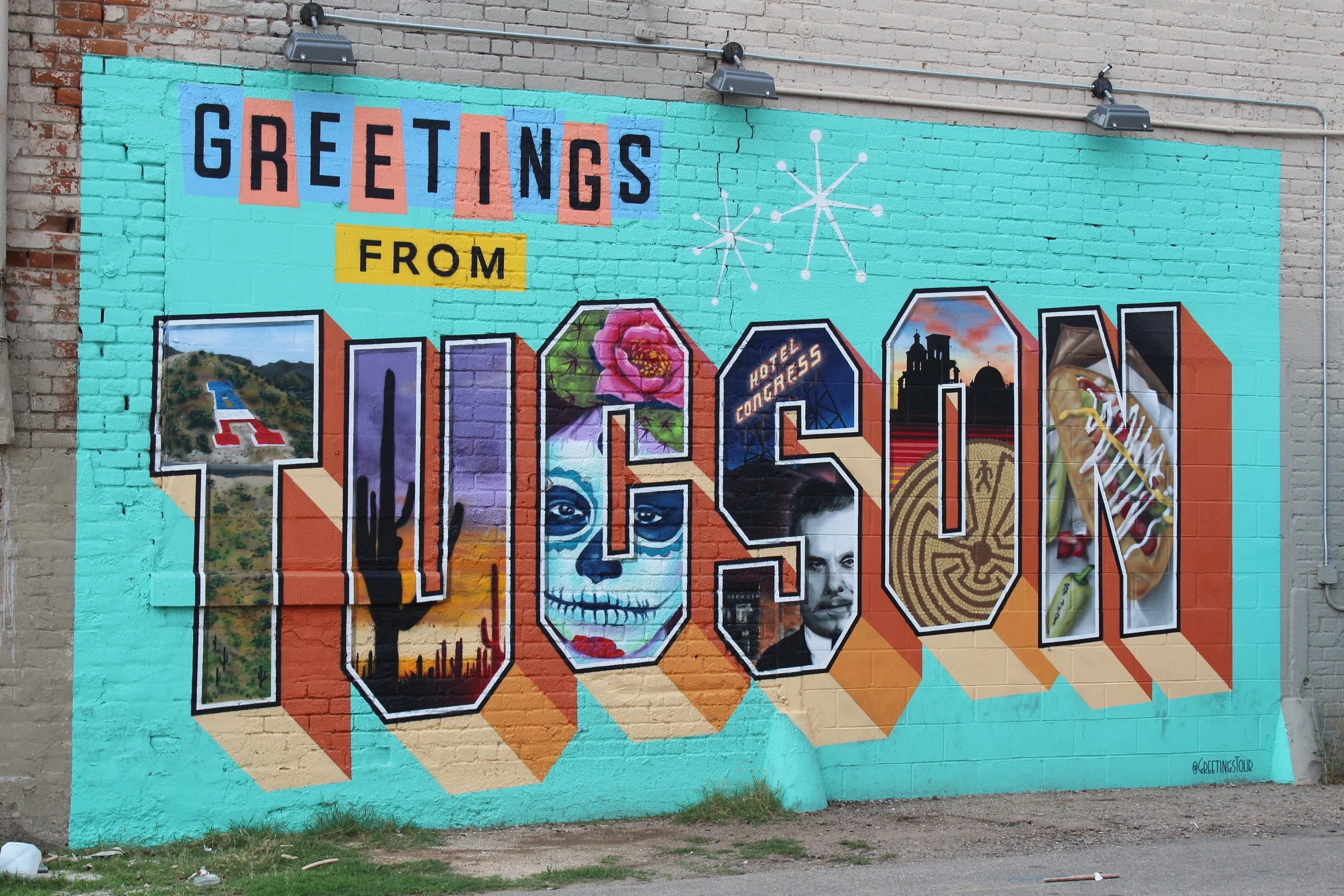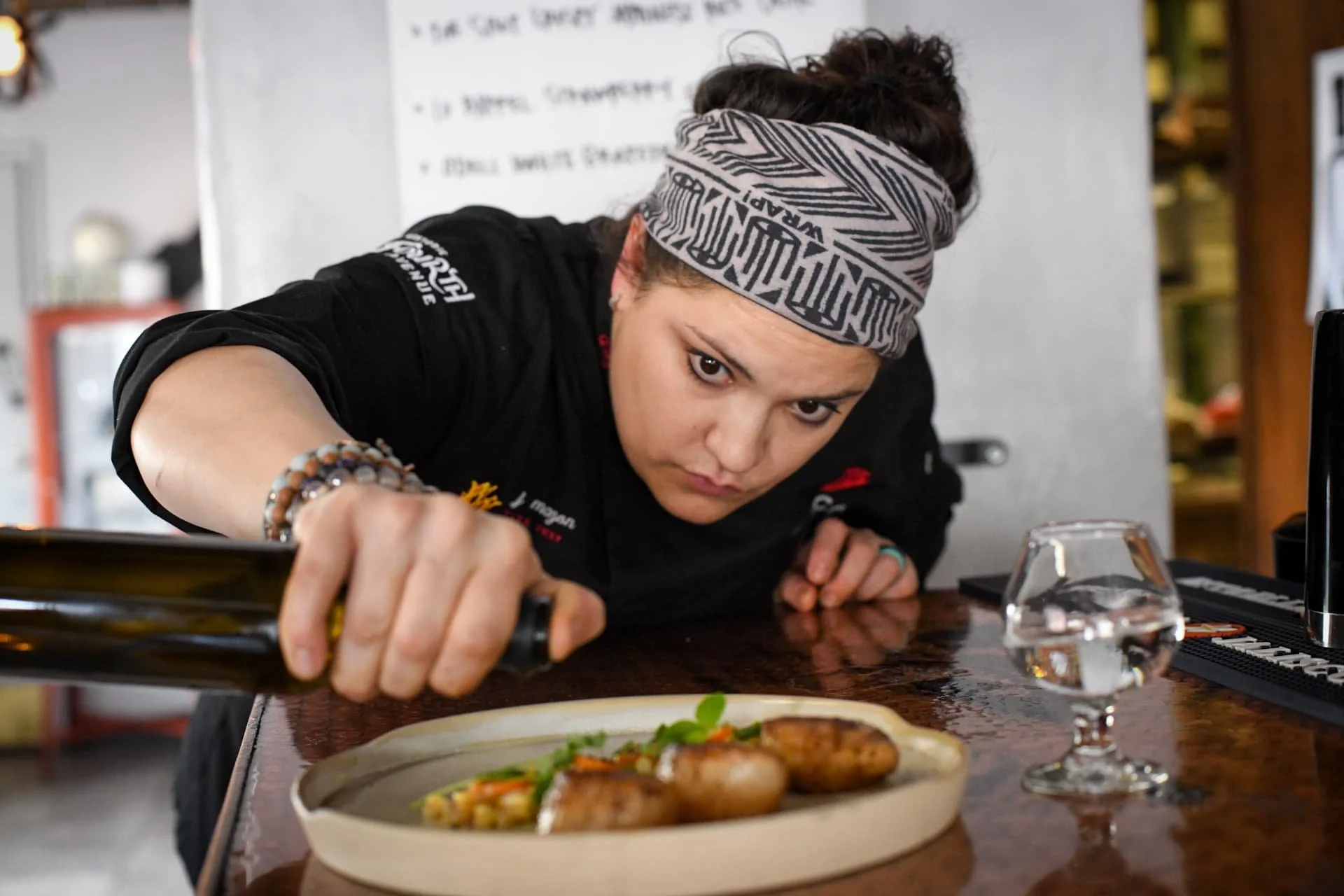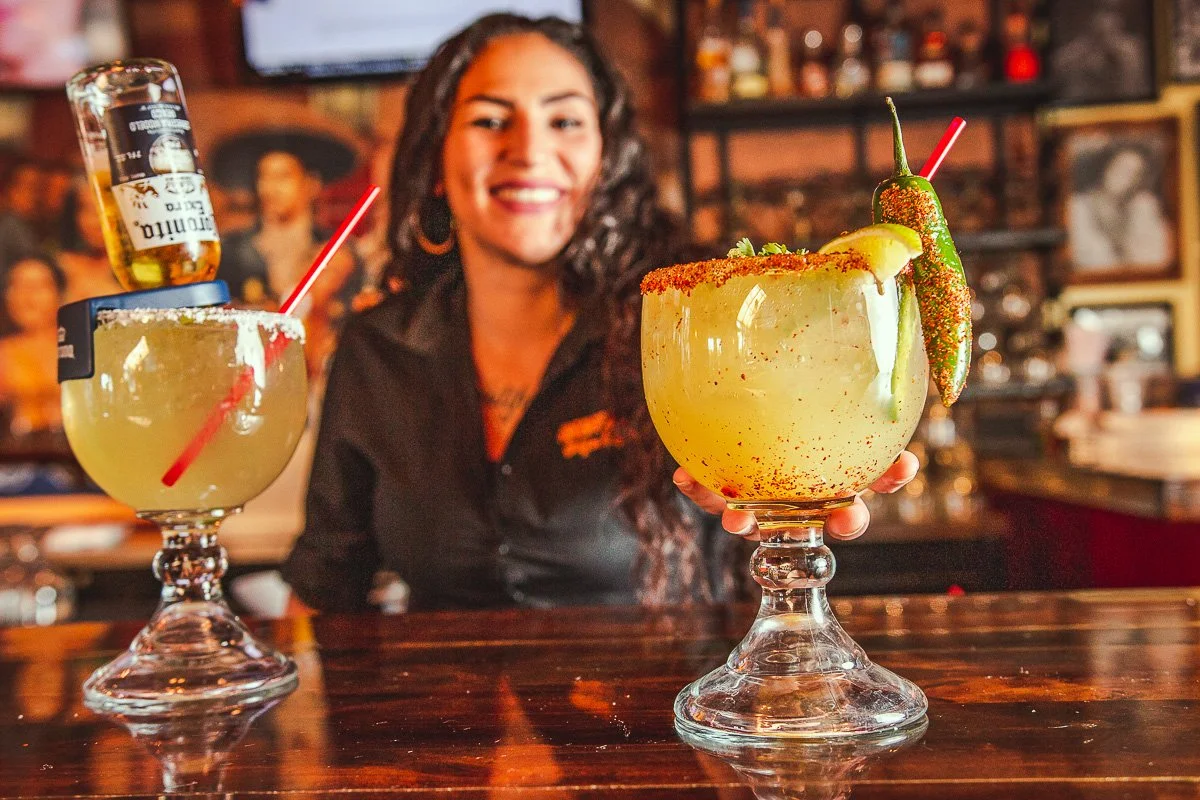Tucson Traces its Roots & Shines in Heritage Cuisine
Tucson was Tucson before Arizona was even Arizona. That means the inspiration for the most abundant local cuisine dates back a few years…way back. With its deep, Old West-era roots, Tucson’s culinary story begins in Mexico and has ultimately inspired some of the best 23 miles of Mexican food in the country with the likes of Gringo Grill + Cantina, Seis Kitchen, Boca Tacos y Tequila, Los Betos, Martin’s Comida Chingona, Penca, and Poco & Mom’s. It’s no wonder Tucson is recognized as the epicenter for Southwestern cuisine. And, it all began before Arizona even existed.
Tucson, a city of more than a million people, is located in the eastern portion of Pima County—closer to the Mexican border than it is to Phoenix. Included in the Gadsden Purchase in 1854, Tucson and all of Arizona south of the Gila River no longer belonged to Mexico and officially became part of the United States.
But, Tucson became an incorporated city in 1877, decades before Arizona was recognized as an official state in 1912. With the arrival of the railroad just a few years after its incorporation, Tucson’s Mexican heritage and that of the Tohono O’odham community influenced newcomers arriving by train — instead of newcomers washing away what had been established — allowing the history of the region to remain authentic, relevant, and fresh. And, today, “fresh” is perhaps the perfect way to describe Tucson’s culinary scene.
A City of Gastronomy
Tucson, as it turns out, became the first UNESCO City of Gastronomy — a project that is an effort by the United Nations to recognize cities in a series of creative fields, including crafts and folk art, design, film, gastronomy, literature, media arts, and music.
Cities of gastronomy are recognized based on a robust criteria that includes the presence of traditional cooking, the use of indigenous ingredients, a developed gastronomy characteristic of the region, the use of sustainable practices, and a tradition of hosting events and festivals, among other important requirements.
Tucson has been characterized as a home to borderlands food, where award-winning chefs create stunning dishes just steps from a food truck that is pumping out the most craveable late-night eats around. From high-end to window service, the city’s chef-driven eateries using locally sourced, heritage ingredients dating back 4,000 years have earned Tucson the right to claim the best 23 miles of Southwestern cuisine in the country.
A Heritage Food Scene
Tucson, with its agricultural heritage, Indigenous presence, and its vibrant cultural influence, is a city where bread is created using mesquite or ancient native grains; cholla buds are harvested and incorporated into spectacular dishes; tacos are prepared beautifully only when they’re ordered; and the craft beer being poured smells like rain as it moves across the desert.
It isn’t just a city with great food. Tucson is a place that celebrates its roots by elevating heritage flavors — like foraged, native foods that grow in the area — and bridging the confluence of cultures that come together to make the city exactly as it is. Beyond plated culinary artistry, Tucson’s local food scene includes a wide variety of food-related businesses, a number of cultural celebrations and festivals, such as the Pueblos del Maiz, and a communal sense of pride and activism that ensures Tucson’s local food community is thriving and will continue to for years to come.
Some Noteworthy Places that Embody Tucson’s Local Roots
Five Points: A stopping point for breakfast and lunch, this restaurant and marketplace emphasizes sustainably-sourced fare and goods.
Arizona Wine Collective: A tasting room, wine bar, and bottle shop dedicated to serving wines from multiple Arizona wineries.
Tumerico: A Latin-inspired vegan and vegetarian restaurant, features a constantly evolving menu that highlights fresh, organic, and local ingredients grown from nearby farmers.
La Chaiteria: Wendy Garcia, owner of Tumerico restaurant, also opened La Chaiteria, a neighborhood cafe, in an old convenience store on Congress St. The cafe is part restaurant and part vegan market.
Exo: Here’s your go-to spot for coffee! Exo is a coffee shop that embodies decades of coffee experience-- from working with farmers on the ground to roasting small lots of coffee.
Crisol Bar: A brainchild from the owners of Exo, Crisol Bar hosts agave spirits tastings in a warm, convivial atmosphere. The bar also offers small plates with housemade tamales, soups, salads, and small bites.
Monsoon Chocolate: This award-winning chocolate maker and confectioner draws inspiration from local ingredients found in the Sonoran Desert. This wonderful shop/cafe is where you can find Mesquite White Chocolate, Mezcal Caramel bonbons, and flavorful confections, desserts, and beverages using transparently-sourced cacao from all over the world.
Barrio Bread: With lines out its door and often selling out, this bustling neighborhood bakery is committed to working with local farmers, chefs, and other food producers to strengthen the local grain economy and expand Tucson’s local food network. Baker and owner, Don Guerra uses centuries-old baking techniques and locally grown heritage grains and recently received the national James Beard Award for outstanding baker,.
Seis Kitchen: With several locations, Seis offers regional Mexican cuisine and menu offerings that represent six culinary regions of Mexico and are made with locally sourced meat, eggs, and produce. Think street food at its finest with handmade tortillas, hot off the griddle quesadillas, fire-roasted salsas and artisan tortas.





